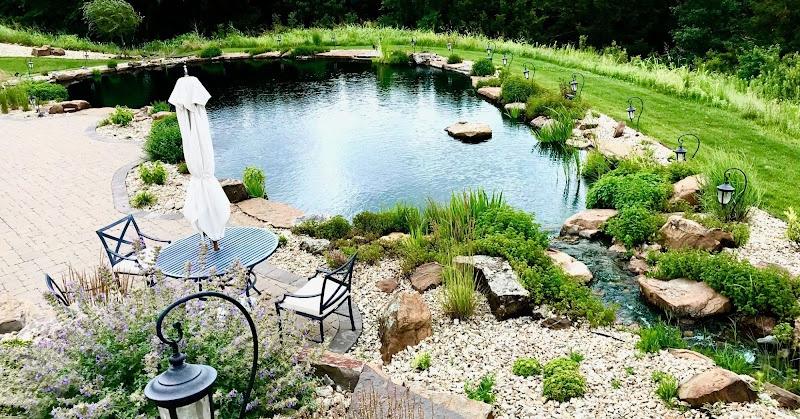In an era marked by environmental consciousness, the pool industry is undergoing a green revolution. Homeowners and facility managers alike are seeking eco-friendly alternatives to traditional pool chemicals, striving for a balance between crystal-clear waters and a sustainable future. This article serves as a comprehensive guide to navigating the realm of eco-friendly pool chemicals, offering insights into their benefits, types, and how they contribute to a cleaner, greener aquatic environment.
The Environmental Impact of Conventional Pool Chemicals
Traditional pool chemicals, particularly chlorine-based sanitizers, have long been the standard in pool maintenance. While effective at keeping pools clean, they come with a significant environmental cost. The release of chlorinated byproducts and their impact on aquatic life and surrounding ecosystems is a concern that cannot be ignored.
Chlorine Alternatives: Exploring Natural Sanitation Methods
In recent years, a plethora of alternatives to chlorine-based sanitizing agents have emerged. Saltwater chlorination systems, for instance, convert salt into chlorine through a process called electrolysis. This eliminates the need for the constant addition of chlorine and reduces the associated environmental impact.
Ozone generators and UV-C systems are another set of eco-friendly alternatives. These technologies use ultraviolet light or ozone to disinfect water, effectively reducing the need for chemical additives. They not only provide a safer swimming environment but also contribute to a more sustainable pool maintenance routine.
The Rise of Enzymatic Cleaners: Breaking Down Organic Matter Naturally
Enzymatic pool cleaners offer a natural solution to one of the most common pool maintenance issues: organic contaminants. These cleaners harness the power of enzymes to break down organic matter, such as leaves, oils, and sweat. By doing so, they help maintain cleaner water without resorting to harsh chemical additives.
Mineral-Based Solutions: Harnessing the Power of Nature
Mineral-based systems, such as copper and silver ionization, have gained popularity for their effectiveness in pool sanitation. These systems release trace amounts of ions into the water, creating an environment that is inhospitable to algae, bacteria, and other pathogens. They provide an eco-friendly alternative to traditional chemical sanitizers.
pH Balancers: Maintaining Water Quality without Harmful Additives
Maintaining the proper pH level is crucial for water clarity and swimmer comfort. Instead of relying on chemical additives, pool owners can turn to natural pH balancers like baking soda and borax. These common household items serve as effective tools for stabilizing water chemistry without introducing harmful chemicals into the pool environment.
Algae Control: Eco-Friendly Strategies for a Pristine Pool
Algae growth is a common challenge in pool maintenance. While chemical algaecides can effectively combat this issue, they come with environmental drawbacks. Embracing natural algae prevention methods, such as using barley straw and beneficial bacteria, provides an eco-friendly alternative. These natural approaches not only keep algae at bay but also promote a healthier aquatic ecosystem.
The Power of Plants: Natural Filtration and Poolside Landscaping
Beyond chemical additives, pool owners can integrate natural elements to enhance water quality. Aquatic plants serve as natural filters, absorbing nutrients and impurities from the water. Additionally, incorporating plants and landscaping around the pool area can create a more harmonious environment, contributing to a healthier and more sustainable pool ecosystem.
As the demand for sustainable practices continues to grow, the world of pool maintenance is evolving towards greener alternatives. By embracing eco-friendly pool chemicals and practices, pool owners can enjoy the beauty of clear waters while minimizing their environmental footprint. The future of pool maintenance is one where harmony between humans and nature reigns, and where every dip is a step towards a more sustainable world.
